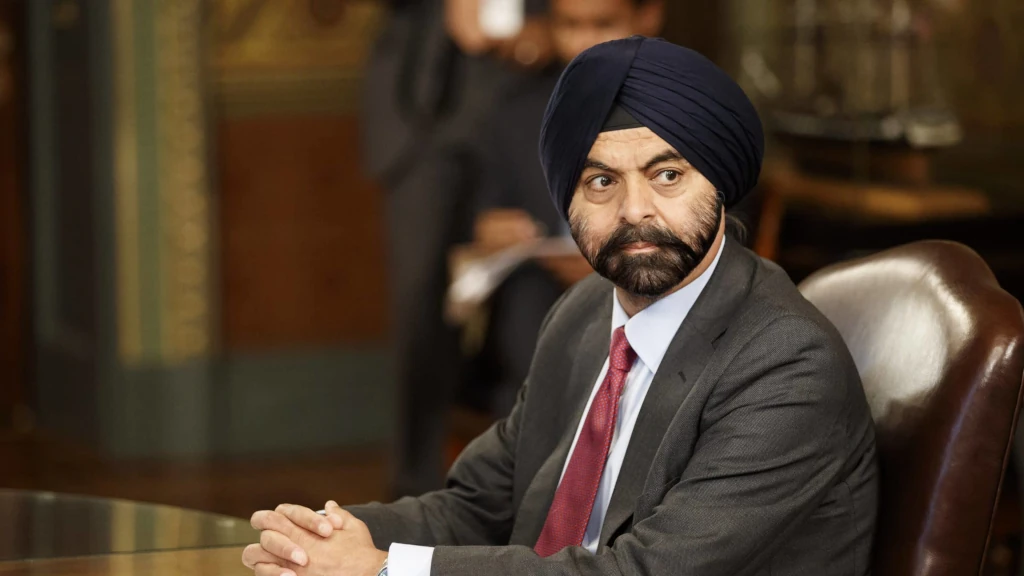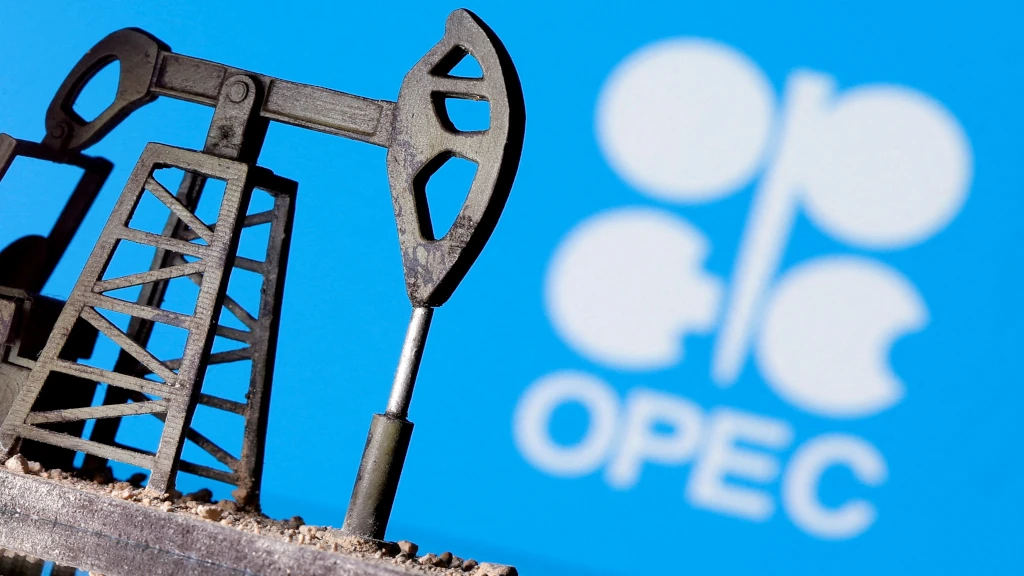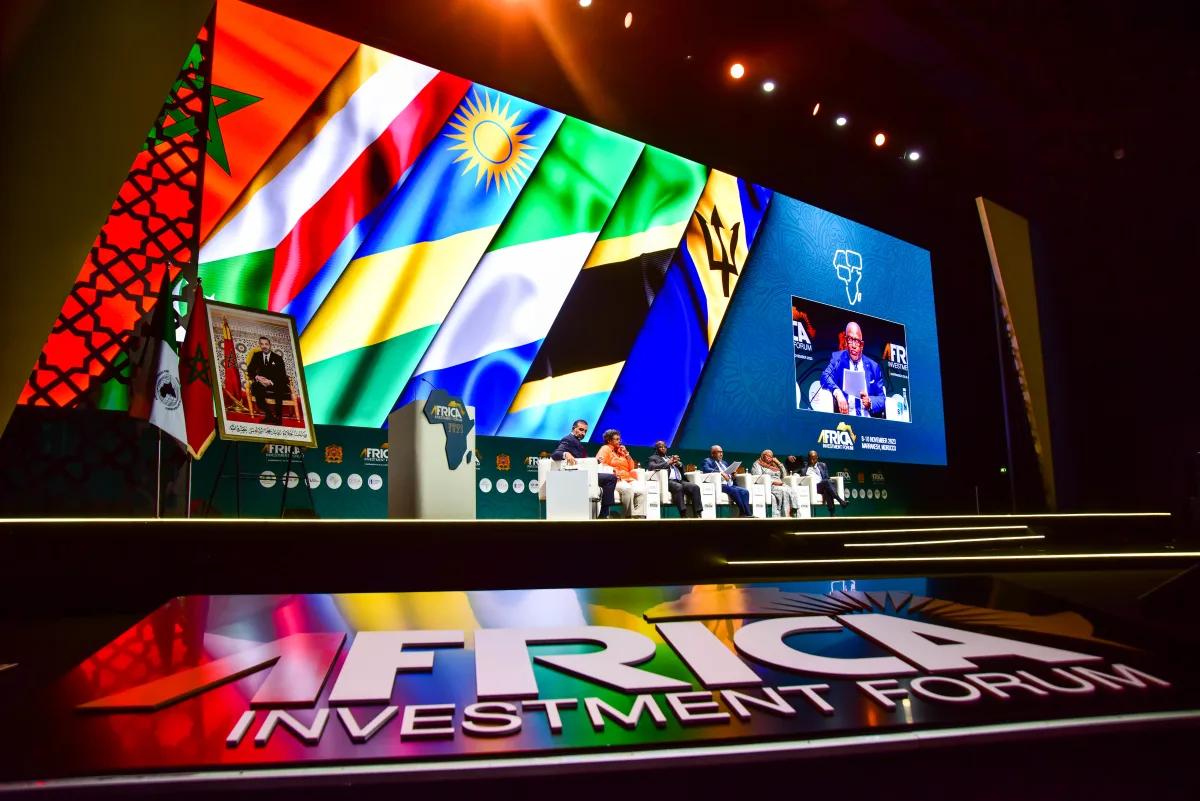Dignitaries and leaders from around the globe convened in Zanzibar, Tanzania, today for the International Development Association (IDA) Midterm Review. This landmark event unveiled an extraordinary call to action and a visionary plan to eradicate global poverty while fostering sustainable development.
Two leaders, President Samia Suluhu Hassan of Tanzania and President Hussein Ali Mwinyi of Zanzibar, extended a welcome to attendees and expressed their heartfelt gratitude for the support provided during recent natural disasters in the region.
Addressing the audience, the President of the World Bank, whose identity remains undisclosed in the provided text, conveyed sincere condolences to the flood-affected communities. The President assured them of the World Bank’s steadfast commitment to assisting in the region’s recovery and reconstruction efforts.
Established with the mission of enhancing living standards and stimulating growth in developing nations, the International Development Association now confronts an intricate landscape marked by multifaceted poverty challenges, climate crises, food insecurity, fragility, ongoing pandemic recovery, and global conflicts.
In a compelling address, the President underscored the imperative of addressing these interconnected issues, emphasizing the unacceptable cost of inaction. With an estimated 1.1 billion young people in the Global South poised to enter the workforce within the next decade, the gap between job creation and demand looms large.
One conspicuous impediment to progress is the pervasive lack of reliable electricity access, affecting approximately 600 million people in Africa, with 36 million residing in Tanzania alone. The President firmly asserted that this glaring disparity cannot be allowed to persist.
The President articulated an ambitious vision for the World Bank: to create a world free of poverty while safeguarding the environment. This vision necessitates an expansion of the World Bank’s role and the scope of IDA itself.
A call to action resounded throughout the conference, with an impassioned plea to transition from projects to platforms, replicate successful initiatives, and foster seamless collaboration. A case in point was shared about a Nigerian town where IDA funding had facilitated a mini-grid system, bringing electricity to the community and resulting in a cascade of benefits, from heightened productivity for farmers to improved healthcare access.
The President’s announcement of a $5 billion commitment from IDA to provide reliable, affordable, and renewable electricity to 100 million Africans by 2030 underscores the magnitude of ambition required to confront these challenges head-on.
Nonetheless, the President candidly acknowledged that such aspirations come at a price. The current limits of concessional resources necessitate a substantial increase in funding. A plea was made for donors, shareholders, and philanthropies to unite in this fight and ensure that the next replenishment of IDA becomes the most substantial in history.
Reforms are imperative for enhanced efficiency and impact. The President called for simplifying processes, standardizing application procedures, and alleviating the bureaucratic burden on governments.
Furthermore, there was a push to shift the focus from measuring inputs to measuring outcomes. The President stressed the importance of concentrating on the tangible impact of development initiatives, such as girls’ education, job creation, and environmental conservation.
The President’s stirring address concluded with a poignant reminder of the World Bank’s origins and the collective goodwill, wisdom, and sincerity required to address today’s global challenges. Over the next two days, attendees will reflect on IDA’s journey and renew their commitment to its founding principles.
The IDA Midterm Review sets the stage for a future where poverty is not an insurmountable barrier but a challenge met with unwavering determination. The world eagerly anticipates the transformative results that this visionary leadership promises to deliver.
Source: Today News Africa, 6th December 2023
 afric-Invest
afric-Invest




